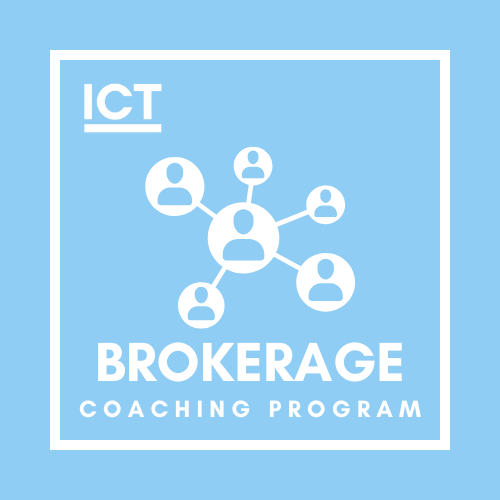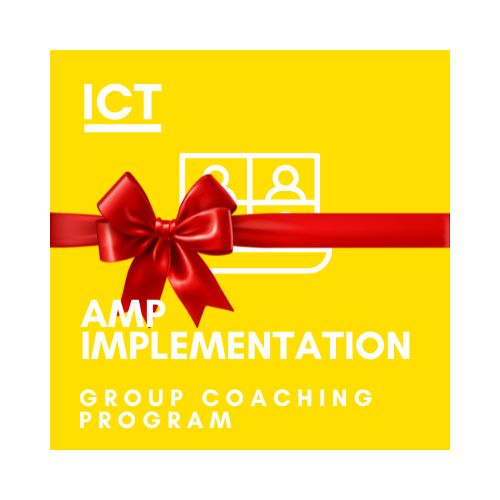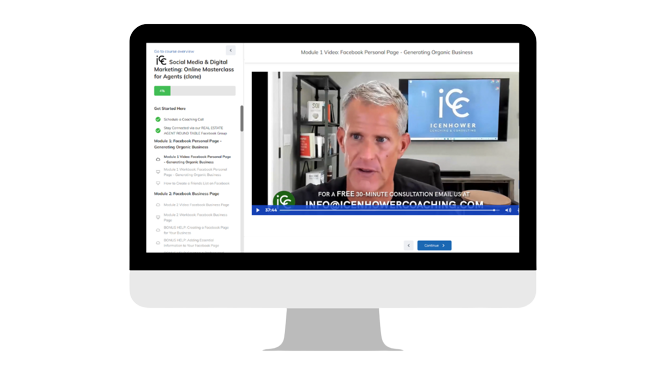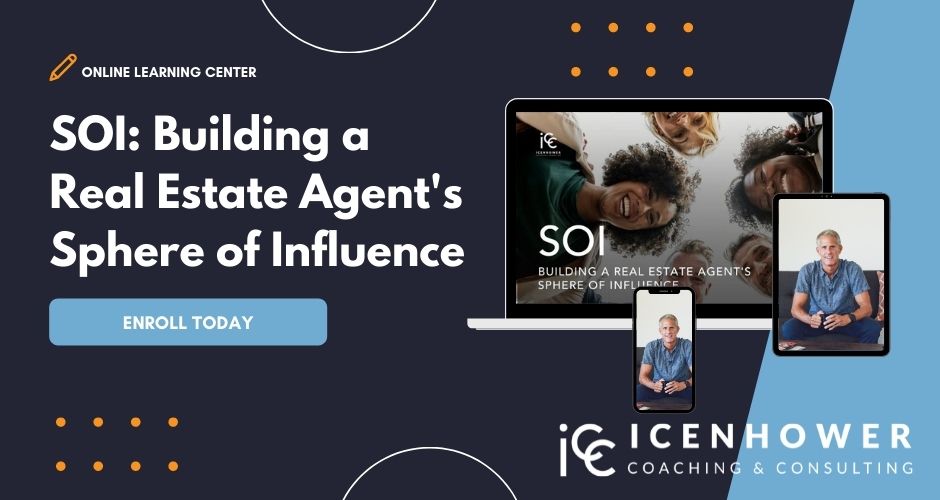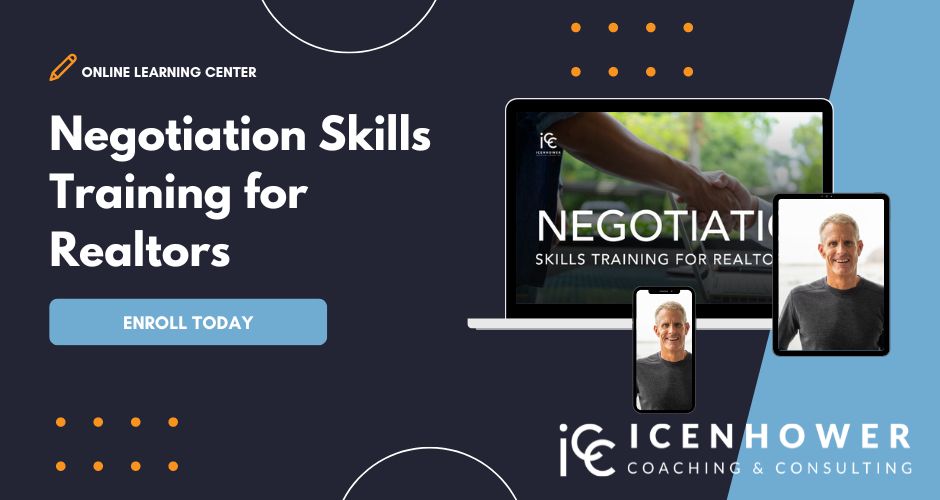Learn how to replace yourself in real estate with this straight-forward compensation structure for team leaders & brokerage owners to get out of production & management.
n the world of real estate, many agents dream of achieving passive income and eventually stepping away from the daily grind. However, too often, agents lose track of this goal. Instead, they convince themselves they’re content with being a solo agent or maintaining a small team. This mindset shuts down the possibility of passive income and perpetuates a transactional lifestyle—where agents must keep selling or rely solely on their savings to sustain themselves later in life.
From my experience coaching real estate professionals, I’ve seen firsthand how discouraging this lack of vision can be. Many agents simply give up, not because they lack the ability, but because they lose faith in the possibility of building a business that works without them. The truth is, replacing yourself in your business is not only possible—it’s achievable with the right structure, leadership, and mindset.
In this article, I’ll walk you through the “meat and potatoes” of replacing yourself in your real estate business. Whether you run a real estate team, a brokerage, or even another type of business, this framework can transform your approach and set you on the path to passive income.
VIDEO: How to Replace Yourself in Real Estate – Teams & Brokerages
The Finish Line: Building a Business that Runs Without You
Let’s start with a vision. Imagine you have a real estate team that closes a couple hundred units annually, generating approximately $700,000 in company dollar (the amount left after paying agent commissions). Following proven financial models, your team nets $500,000 in profit after covering costs and operating expenses. This is your starting point.
The key to replacing yourself begins with identifying and grooming a leader within your team—someone who can run the business while driving growth. This person often comes from within your team, someone who has already proven their ability to generate business from their sphere of influence (SOI) and believes in your systems. Why is this important? Leaders who can generate business independently demonstrate influence, which is a critical quality for managing and growing a team.
A Four-Year Path to Leadership and Passive Income
Here’s how the process works:
Year One: Setting the Foundation
You start by creating a compensation structure for your new leader. For example:
- Elevated SOI Split: Increase their commission split on SOI-generated deals from, say, 50/50 or 60/40 to 80/20. This rewards their personal production.
- Team Override: Pay them a percentage (e.g., 7.5%) of the team’s company dollar. On $700,000, this amounts to $50,000 annually.
- Operating Expenses Goal: Set clear financial goals, such as keeping operating expenses at 30% of gross commission income.
Their primary objective in the first year is to increase company dollar from $700,000 to $900,000—a 25% growth target. If they achieve this, they receive additional rewards, such as an increased override percentage.
Year Two: Scaling Up
With success in year one, you increase their override to 10% and adjust their compensation accordingly. By now, they’re earning more while your company dollar grows. For instance:
- If company dollar increases to $900,000, they earn $90,000 from their override alone.
- Meanwhile, you’re still netting $500,000 in passive income because the team’s growth offsets their higher compensation.
Year Three: Doubling the Business
In the third year, the focus is on substantial growth. If the company dollar grows to $1.1 million—a 50% increase from the starting point—you may raise their override to 15-20%. At this point, both you and your leader are earning significant income, and you’ve likely stepped back from day-to-day operations.
Year Four: Ownership and Long-Term Success
By year four, the team’s company dollar reaches $1.4 million—double the initial amount. At this stage:
- You might offer your leader a vesting option, such as 49% ownership in the business, while maintaining controlling interest.
- Even with ownership distributions, you’re still earning $500,000 in passive income annually.
This process ensures that growth remains performance-driven. Your leader earns more only by achieving specific goals, such as increasing agent count and maintaining profitability standards.
-
Quick View
Brokerage / Corporate Coaching Program
$1,500 / monthWith the Brokerage / Corporate Real Estate Coaching Program, ICT will help firms set up the most effective and efficient systems for recruiting, agent onboarding, commission & fee structures, agent engagement & retention systems, recruiting, administrative work-flows, transaction management, staff hiring, agent onboarding, productivity training & accountability, financials & budgeting, marketing and much more!
Recruiting: The Key to Sustained Growth
One of the main drivers of this system is agent count. To double company dollar, your team must grow from, say, 25 agents to 40 or 50. This requires active recruiting—bringing on 25 new agents annually over four years. If your leader struggles with recruitment, they may not be the right fit for the role.
Recruiting is essential because not every agent will increase their production dramatically. Instead, overall growth relies on expanding the team and maintaining a mix of agents with varying levels of production.
The Leadership Mindset: Thinking Beyond Transactions
One of the biggest challenges for agents transitioning into leadership roles is shifting their mindset from transactional to strategic. As a leader, you must stop thinking about individual transactions and start focusing on long-term growth. This requires forward-thinking, planning, and the ability to train others to take on responsibilities.
Many successful agents struggle with this transition. They excel as “warriors” in the field but lack the skills to become “chiefs” who guide and inspire others. Replacing yourself as a leader means mastering the art of delegation and mentorship—teaching someone else to do what you do.
The truth is, replacing yourself in your business is not only possible—it’s achievable with the right structure, leadership, and mindset.
Brian Icenhower
A Self-Sustaining Business Model
Here’s the magic of this system: Once you replace yourself, your leader can do the same. They can bring in their own successor, creating a self-sustaining cycle of growth. This is how general partnerships and law firms operate—leaders replace themselves and step into passive ownership roles, ensuring the business thrives for years to come.
In real estate, this model is rare but powerful. It allows you to create a legacy while enjoying the benefits of passive income. Imagine earning $500,000 annually while your business continues to grow, driven by leaders you’ve trained and mentored.
Final Thoughts: Achieving Mastery in Real Estate
Replacing yourself in your real estate business is the ultimate measure of mastery. It demonstrates that you’ve not only succeeded personally but also trained others to replicate your success. This skill set is essential for building a lasting, profitable business.
So, if you’re ready to stop thinking transactionally and start building a scalable, sustainable business, take the first step. Identify your future leader, create a performance-driven structure, and watch your business transform. With the right mindset and systems in place, you can achieve the passive income and freedom you’ve always dreamed of.
Get there faster with an ICT real estate leadership coach. Book a free call today.


